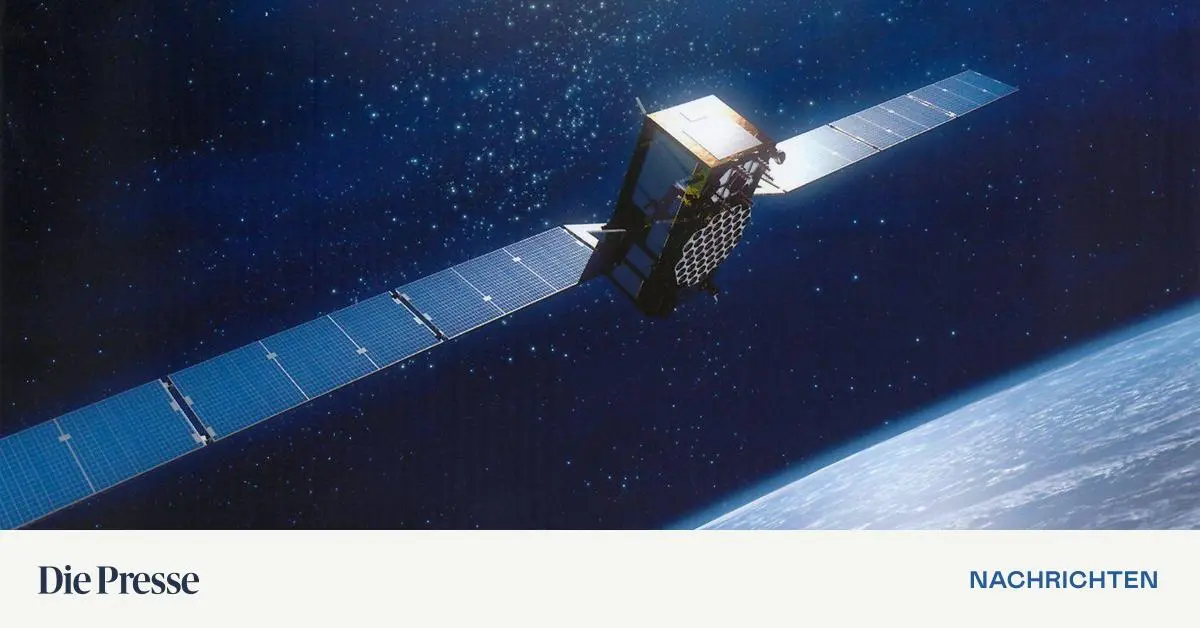A large European satellite, whose mission ended in 2011, burned up while reentering Earth's atmosphere. The Earth observation satellite ERS-2 was launched into space in 1995.
A large satellite whose mission ended 13 years ago burned up during its re-entry into Earth's atmosphere on Wednesday. ERS-2 “safely completed” its return to the North Pacific Ocean at around 6:17 p.m. CET, the European Space Agency (ESA) said in its online service.
The Earth observation satellite ERS-2 was launched into space in 1995 and has since been orbiting the Earth at an altitude of about 800 km. In 2011, it was turned off and began its journey to Earth. The goal was to prevent uncontrolled destruction of the satellite, which could have posed a danger to other satellites or the International Space Station (ISS) due to debris.
The satellite gradually sank to Earth over the course of 13 years
At the end of its mission, the European Space Agency allowed the satellite to descend to about 500 kilometers so that it could then descend naturally and gradually to Earth in just 13 years using gravity alone. If it had remained at its original height, it would have taken 100 to 200 years. On the eve of its destruction, ERS-2 was still at an altitude of more than 200 kilometers. According to the European Space Agency, in the case of ERS-2, the chance of one of its debris hitting a person on Earth was less than one in 100 billion.
Waste from discarded satellites, rocket parts and impact debris has been accumulating since the beginning of the Space Age – a problem that has worsened in recent decades. The European Space Agency estimates that there are about 1 million pieces of satellite or rocket debris in orbit larger than one centimeter in size, large enough to “disable a spacecraft” in the event of a collision.
In 2023, the European Space Agency launched a “zero debris” charter for space missions starting in 2030. (APA)

“Food practitioner. Bacon guru. Infuriatingly humble zombie enthusiast. Total student.”







More Stories
KaDeWe stops selling meat and sausages
Another earthquake near the giant Naples volcano
Trump wants to block Harris' access to donations